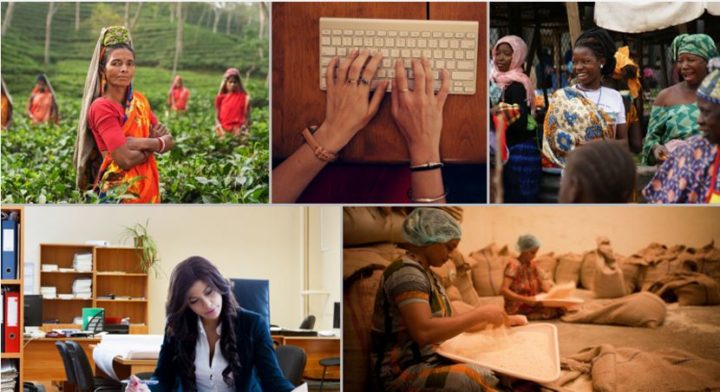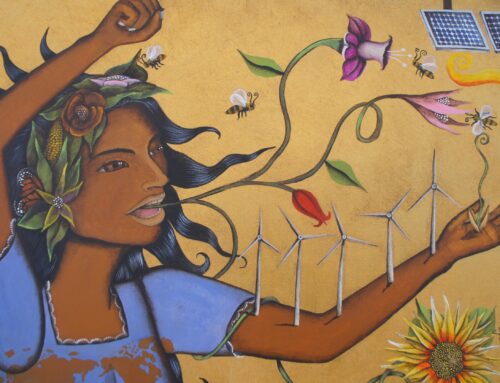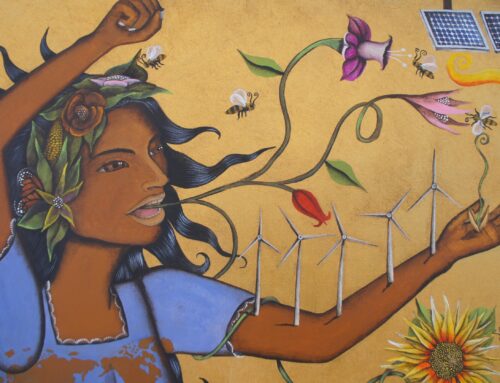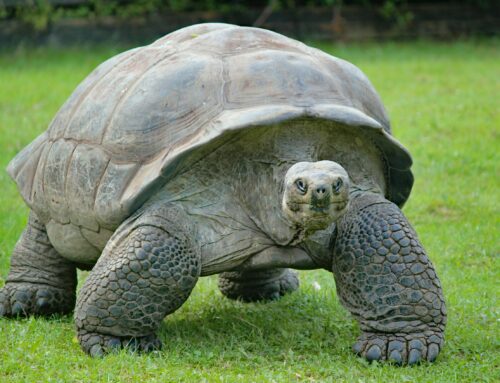African women are solely responsible for producing between 60 and 80 percent of the food eaten on the continent and bear the biggest brunt of the reality that 630 million people in Africa do not have access to modern and cleaner energy sources, even as two-thirds of African households depend on them for their energy needs. While it is no secret that Africa will be the hardest hit by the impacts of climate change, statistics show that African women have weak representation at international processes on climate change such as the UNFCCC platform. Given the specific inequalities around the climate crisis that affect African women, there is an immediate urgency to increase their substantive and qualitative representation at the national, regional and international policy levels. Photo credit: The Hague Institute for Global Justice





